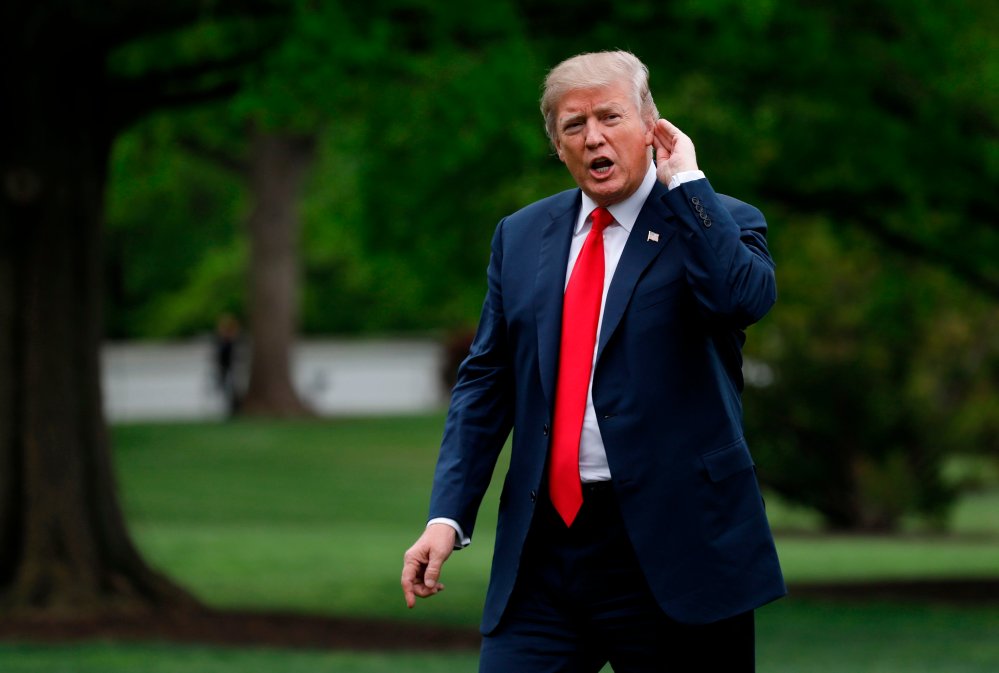Last week, Donald Trump appeared to make some important news via Twitter. “Brazil and Argentina have been presiding over a massive devaluation of their currencies. which is not good for our farmers,” the American president wrote. “Therefore, effective immediately, I will restore the Tariffs on all Steel & Aluminum that is shipped into the U.S. from those countries.”
The declaration, predictably, jolted international markets, and caused a stir in the relevant industries. What was not clear at the time, however, was that Trump’s words were effectively meaningless.
Bloomberg News reported yesterday that Larry Kudlow, the top voice on economic policy in the Republican White House, conceded that the administration hasn’t yet made a decision regarding Brazilian and Argentinian tariffs.
Reinstating such tariffs has been discussed but there’s no decision yet, Larry Kudlow, the director of the White House’s National Economic Council, said at the Wall Street Journal’s CEO Council in Washington.
The Brazilian government has yet to be notified by the U.S. about the intention to impose more duties on the country’s steel, according to a person with direct knowledge of the matter. Brazil plans to wait until it has official communication from the U.S. to make any decisions, the person said, asking not to be identified because discussions aren’t public.
In other words, when Trump said his policy would take effect “immediately,” he actually meant his new policy may not take effect at all.
It’s possible the president was lying. It’s equally possible Trump genuinely believed he was unveiling a new policy, but simply didn’t know what was going on around him. There are plenty of examples of both dynamics from recent years.
Either way, however, it offers fresh evidence of why it’s generally wise for those interested in the truth to watch what Trump does, not what he says.
Indeed, circling back to our earlier coverage, it’s amazing how frequently this comes up. Earlier this year, for example, Trump declared via Twitter that he’d ordered FEMA to send California “no more money” to deal with wildfires. We later learned there was no such order; the president simply made it up.
The larger takeaway should be obvious: Trump should be seen as an unreliable narrator of his own presidency. Whatever the Republican says about his plans and priorities must automatically, in every instance, be taken with a grain of salt.
The rest of the world, alas, has taken notice. Last year, for example, Trump announced delays to the implementation of a new trade agreement with our allies in South Korea. The Washington Post’s David Ignatius said something memorable soon after: “I had a South Korean ask me, ‘Were the president’s comments about holding the new trade deal … was that real? Did he really mean that? Or was he just ad-libbing?’












